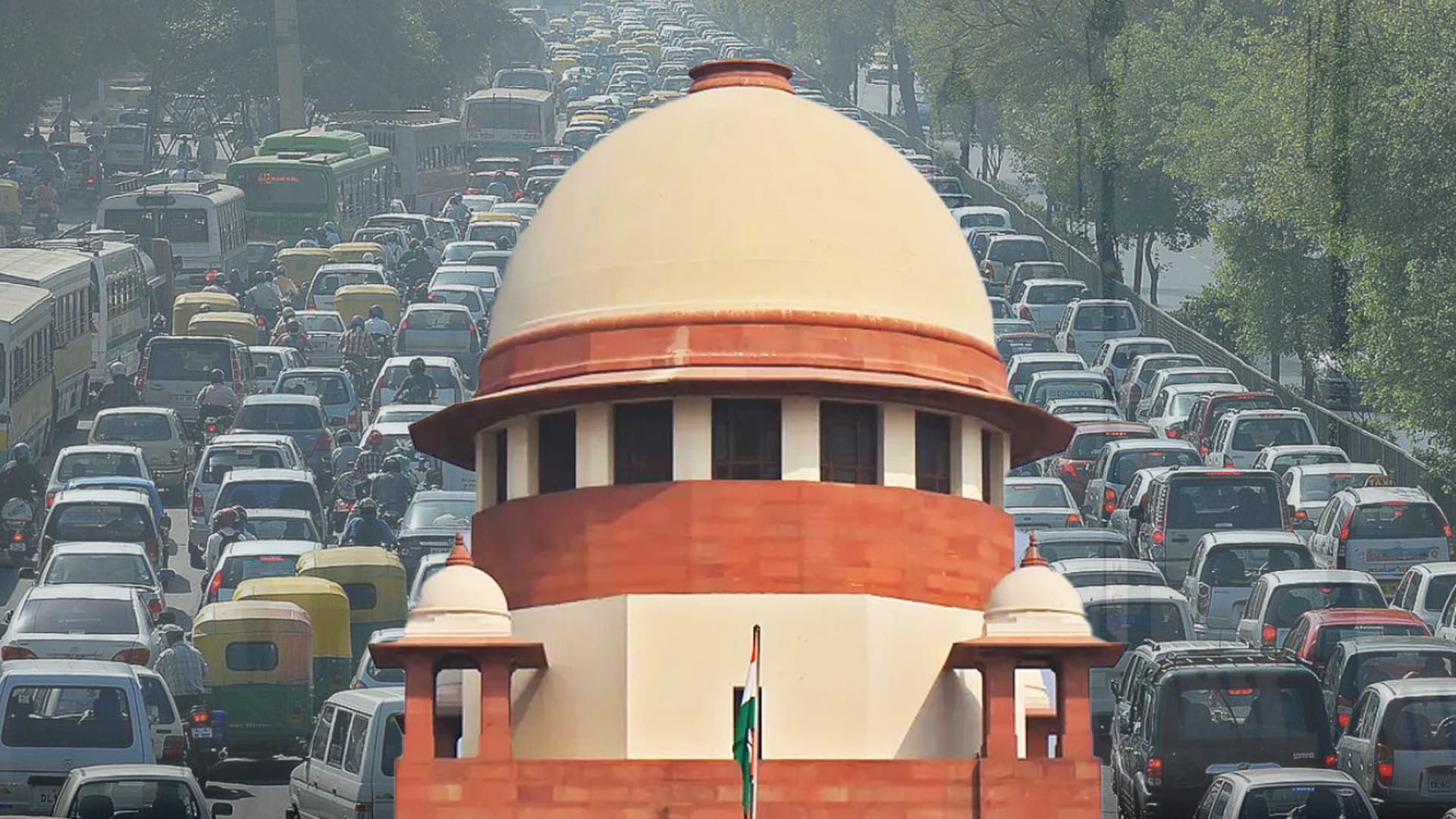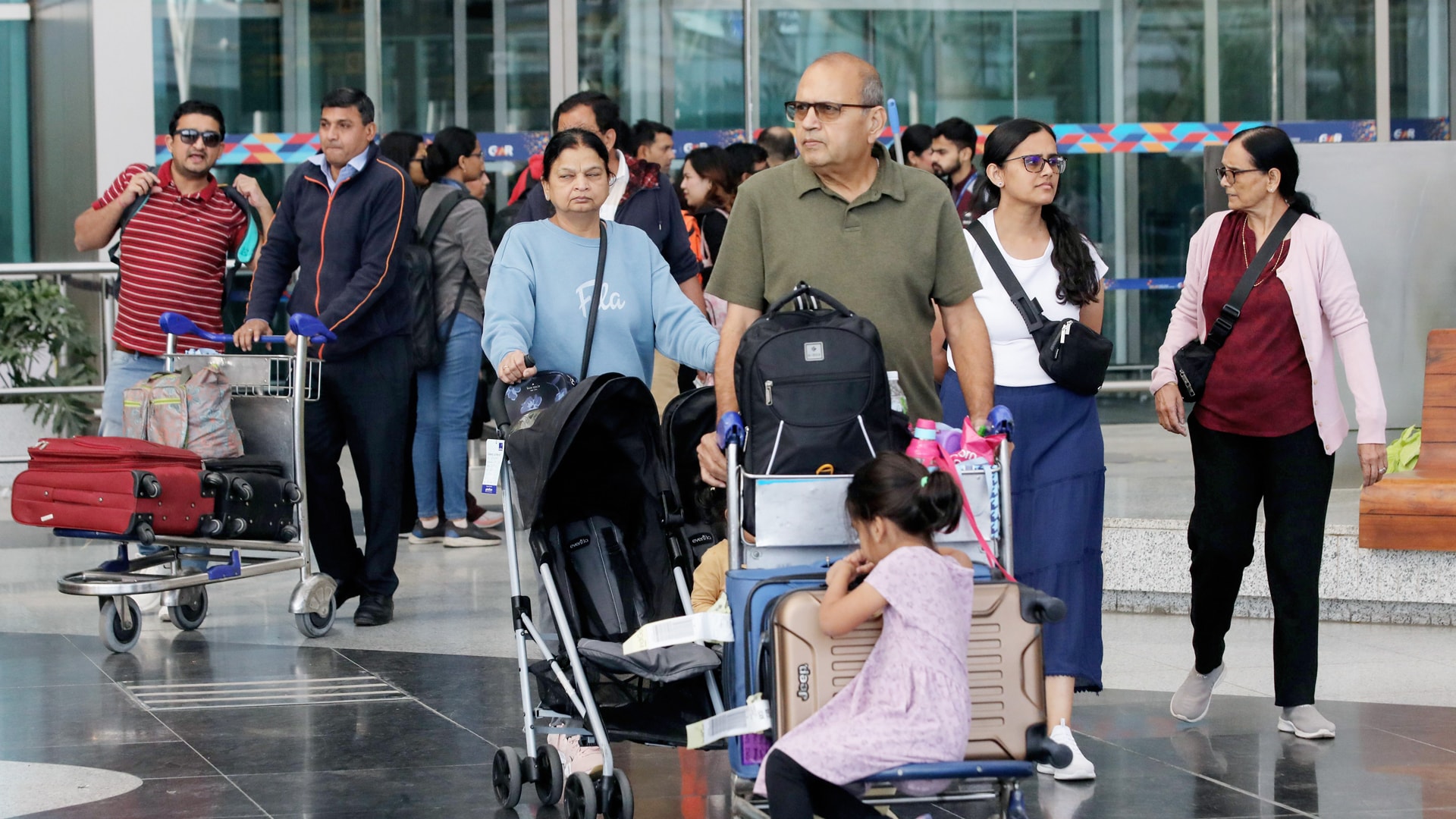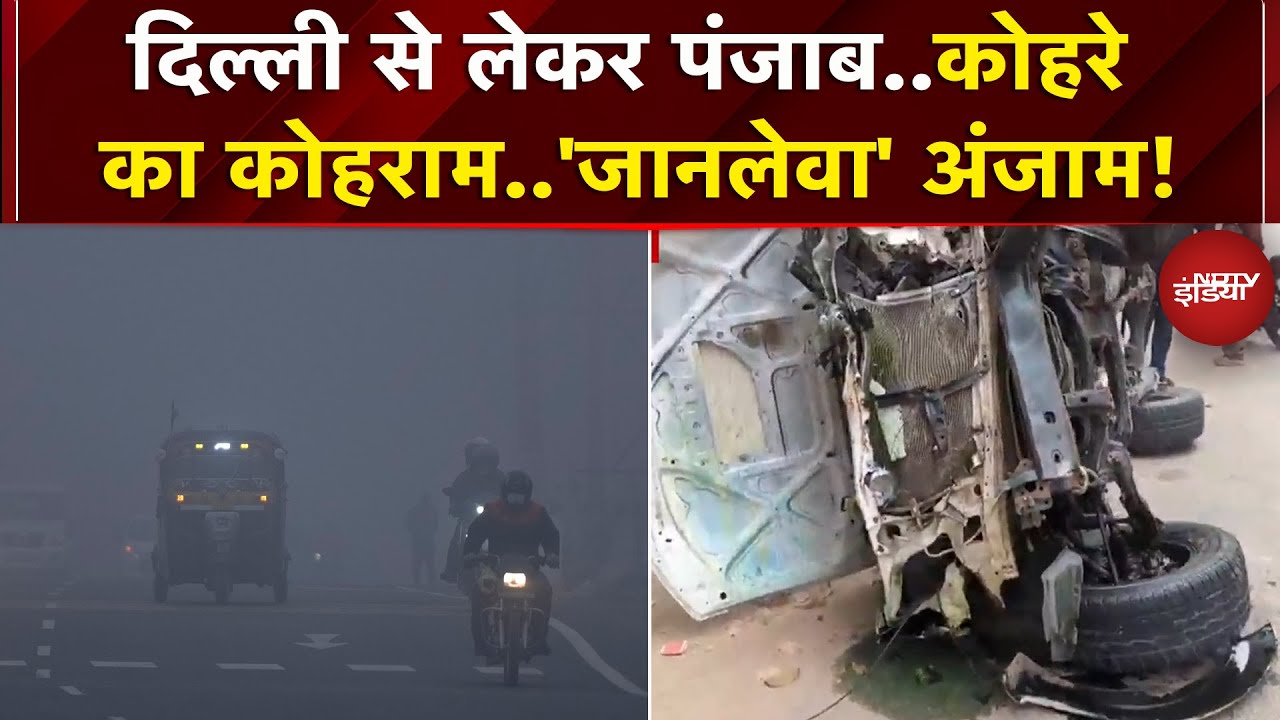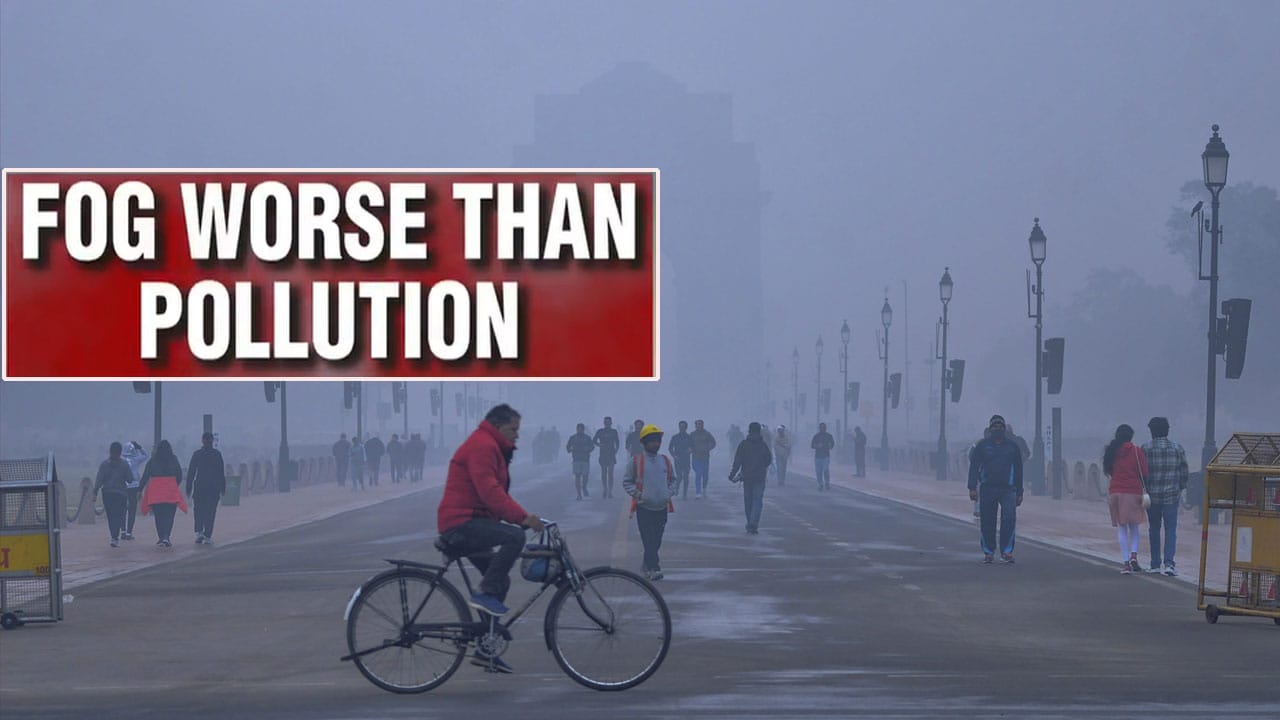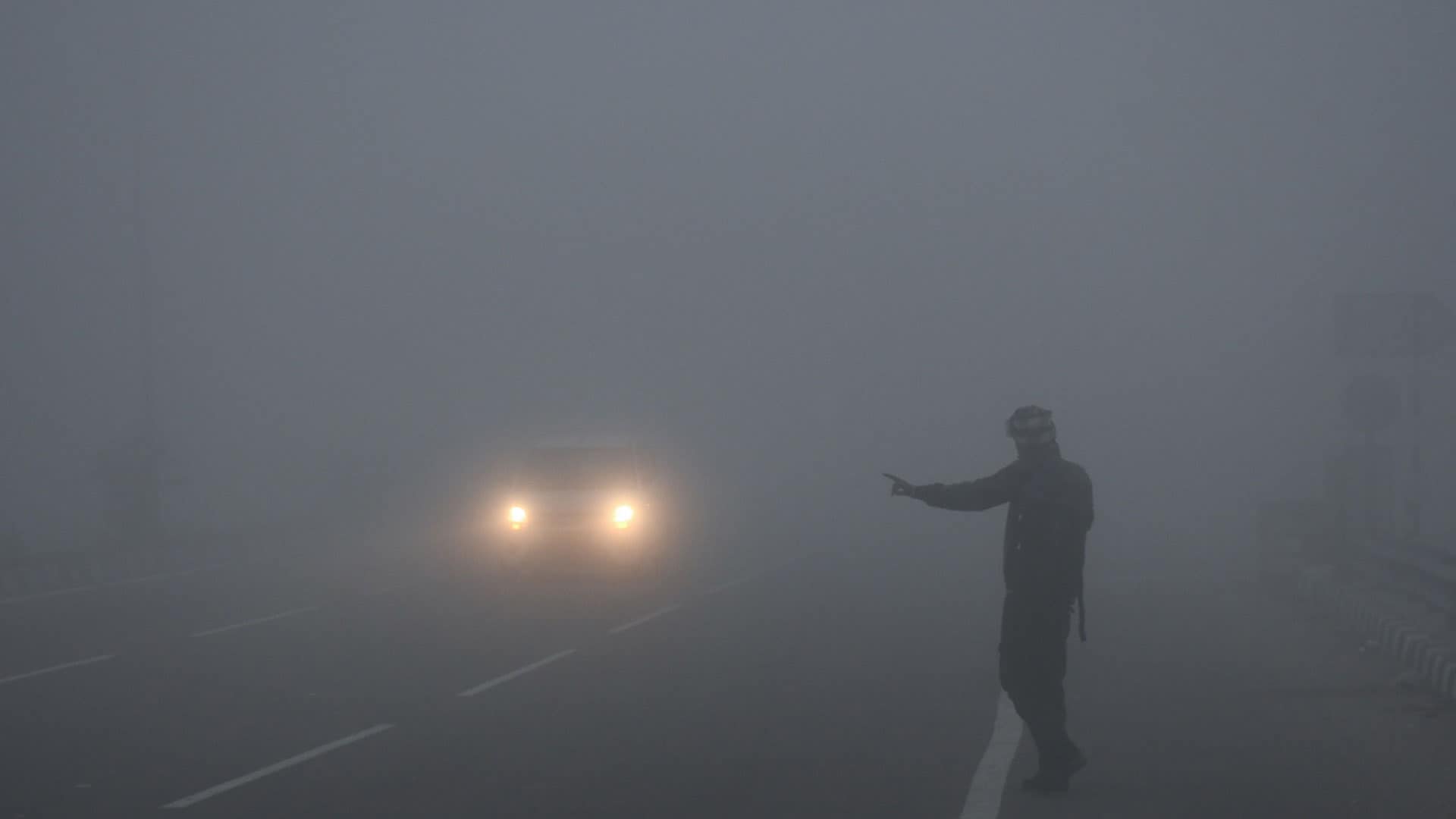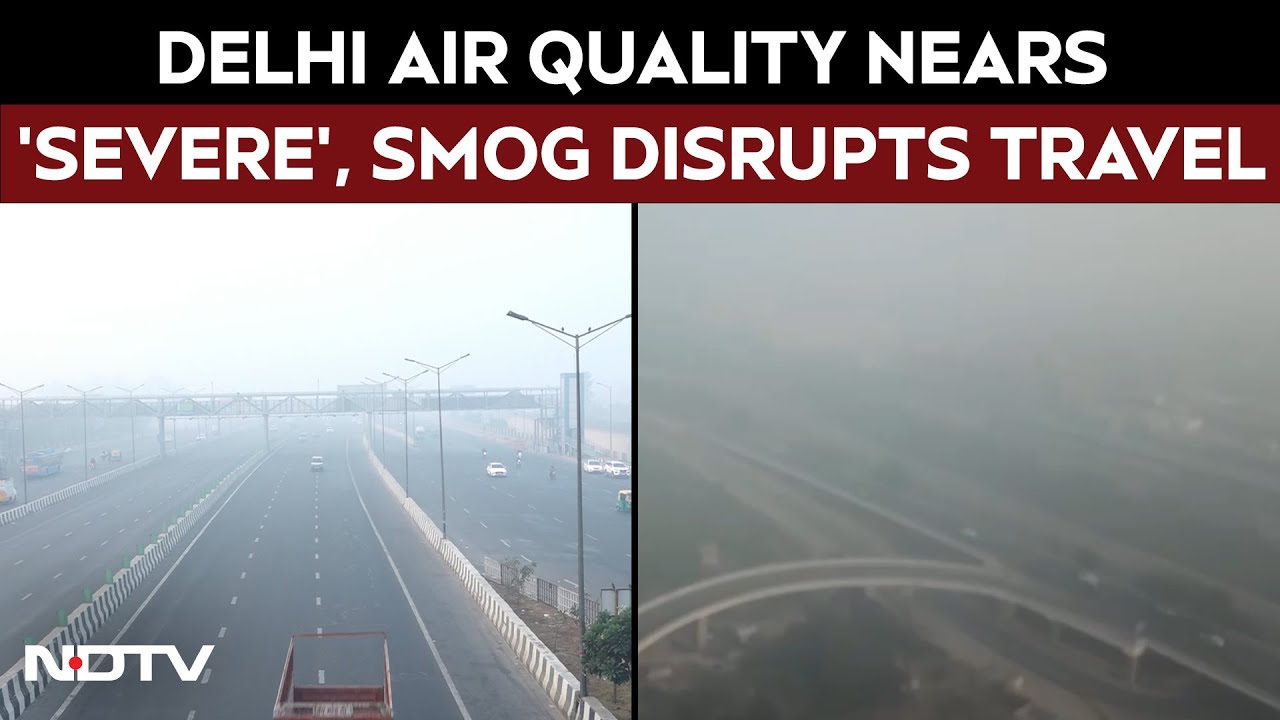- Home/
- Delhi Fights Pollution With Traffic Curbs But Farm Fires Remain Big Threat
Delhi Fights Pollution With Traffic Curbs But Farm Fires Remain Big Threat
Delhi remains wrapped in a blanket of toxic smog with severe pollution forcing schools to suspend primary classes amid health concerns. The overall air quality index (AQI) was recorded at 488 this morning, much above the safe levels prescribed by the World Health Organisation (WHO).
Some of the worst-affected areas in the city include RK Puram (466), ITO (402), Patparganj (471), and New Moti Bagh (488).
The Delhi government has extended the closure of all schools up to class 5 till November 10 in view of the increasing pollution levels. Schools up to classes 6-12 are not required to close, but can switch to online classes if they wish.
The deteriorating air quality has prompted doctors to raise health concerns, including the growing number of respiratory and eye ailments among children and the elderly.
Multiple factors contribute to this now-annual winter air pollution with vehicular emissions, smoke from stubble burning and farm fires, and low wind speed. This year pollution peaked ahead of Diwali and the wedding season, during which crackers become a pollution source.
Big Rise In Farm Fires
The rise is pollution comes with an increase in stubble burning incidents in neighbouring Punjab and Haryana, showed studies by Delhi Pollution Control Committee.
Punjab yesterday reported the highest number of farm fires this season with a sudden surge in stubble burning following a relatively smoke-less October, data showed. There was a 740 percent increase in stubble burning with 1,068 farm fires - the highest in a single day this harvesting season - being recorded on Sunday. On Saturday, only 127 stubble-burning incidents were reported.
With the 3,230 fresh farm fires, the total number of stubble-burning incidents in Punjab so far this season stands at 17,403, according to Punjab Remote Sensing Centre data. The farm fires reported in November constitute 56 per cent of the total stubble-burning incidents this season, data showed, including a steep 57% jump between November 4 and 5.
Action Plan To Fight Pollution
The Centre has put the Graded Response Action Plan (GRAP) into effect at its highest level in Delhi and surrounding cities where the air quality has remained in the "severe plus" category.
The Graded Response Action Plan (GRAP) is a set of anti-air pollution measures established by the Central Pollution Control Board (CPCB). The GRAP has four stages, with Stage IV being the most severe.
The Commission for Air Quality Management (CAQM) yesterday invoked Stage IV of the GRAP in the entire national capital region to prevent further deterioration in the air quality.
Under the new restrictions, trucks have been barred from entering Delhi unless they are carrying essential goods, providing essential services, or are powered by LNG, CNG, or electricity.
Only electric, CNG, and BS-VI diesel light commercial vehicles (LCVs) registered outside of Delhi are allowed to enter the city, except for those carrying essential goods or providing essential services.
All construction and demolition works in Delhi have been suspended, including public projects such as roads, bridges, and power lines.
The Delhi and central governments may allow public, municipal, and private offices to operate with half of their staff working from home.
also read
44% Indian Cities Face Chronic Air Pollution, Only 4% Under National Clean Air Programme
Press Trust of IndiaDelhi's Toxic Winter Air May Carry Drug-Resistant Superbugs, Study Warns
Written by Shreya GoswamiCentral Pollution Body Pulled Up By Supreme Court Over Tardiness, Adjournment
Reported by Nupur Dogra
Latest Stories
- Press Trust of India | Friday January 09, 2026 , New Delhi
The PM2.5 assessment for 2025 ranks Byrnihat (Assam), Delhi, and Ghaziabad (Uttar Pradesh) as India's top three most polluted cities with annual concentrations of 100 g/m, 96 g/m, and 93 g/m, respectively.
- Written by Shreya Goswami | Wednesday January 07, 2026
A study by Jawaharlal Nehru University finds that Delhi's polluted winter air carries high levels of antibiotic-resistant bacteria or superbugs far above safe limits, posing public health risks, especially for vulnerable groups and those with chronic
- Reported by Nupur Dogra | Tuesday January 06, 2026 , New Delhi
The Commission for Air Quality Management or CAQM, was strongly reprimanded by the Supreme Court today, which said the pollution body was not taking the issues raised by the court seriously.
- Written by Shreya Goswami | Tuesday January 06, 2026
Bronchial asthma often worsens in winter due to cold air, pollution and infections.
- Asian News International | Sunday January 04, 2026 , New Delhi
Delhi's air quality continued to remain in the 'poor' category on Sunday, with the national capital recording an overall Air Quality Index of 248, according to data from the CPCB.
................................ Advertisement ................................
Latest Videos
Opinion
Blog | Well Done, Delhi. You've Turned Lung Sacrifice Into A Badge Of HonourSaikat Kumar Bose
Monday November 10, 2025Till some years back, Delhiites would ask angry questions to those in power about the capitals annual tryst with toxic air. This has changed. Those in the driving seat dont see the need to answer now.
Opinion | Why Indians Have Just Given Up On Air Pollution CrisisTanushree Ganguly
Friday December 20, 2024While some may argue that people in Delhi are now more aware of air pollution than they were a decade back, my rebuttal would be that awareness does not mean that people are concerned.
Opinion | You Must Outrage Over Filthy Air More Than Once A YearJyoti Pande Lavakare
Tuesday December 10, 2024Delhi welcomed us with monsoon rains and mangos. We were home. Fast forward a couple of years, in the winter of 2012, I found myself in denial about something other parents, mostly expats, were calling toxic air.
Opinion | Delhi's Air Pollution Situation Is Like A Bad MarriageNishtha Gautam
Friday November 22, 2024On a good day, such as today, the AQI reading in Delhi is 407. We are jubilant at the sickly sunshine trickling through the slightly dissipated smog. At least its not 1600.
दिवाली... पराली... सियासी जुगाली!Ashwini kumar
Monday November 18, 2024दिल्ली-एनसीआर में प्रदूषण का समाधान तो आज तक मिला नहीं. हर साल चिंतित होकर हम-आप सांसों की तकलीफ के साथ-साथ दिल और ब्लड प्रेशर के मरीज भी क्यों बनें?








